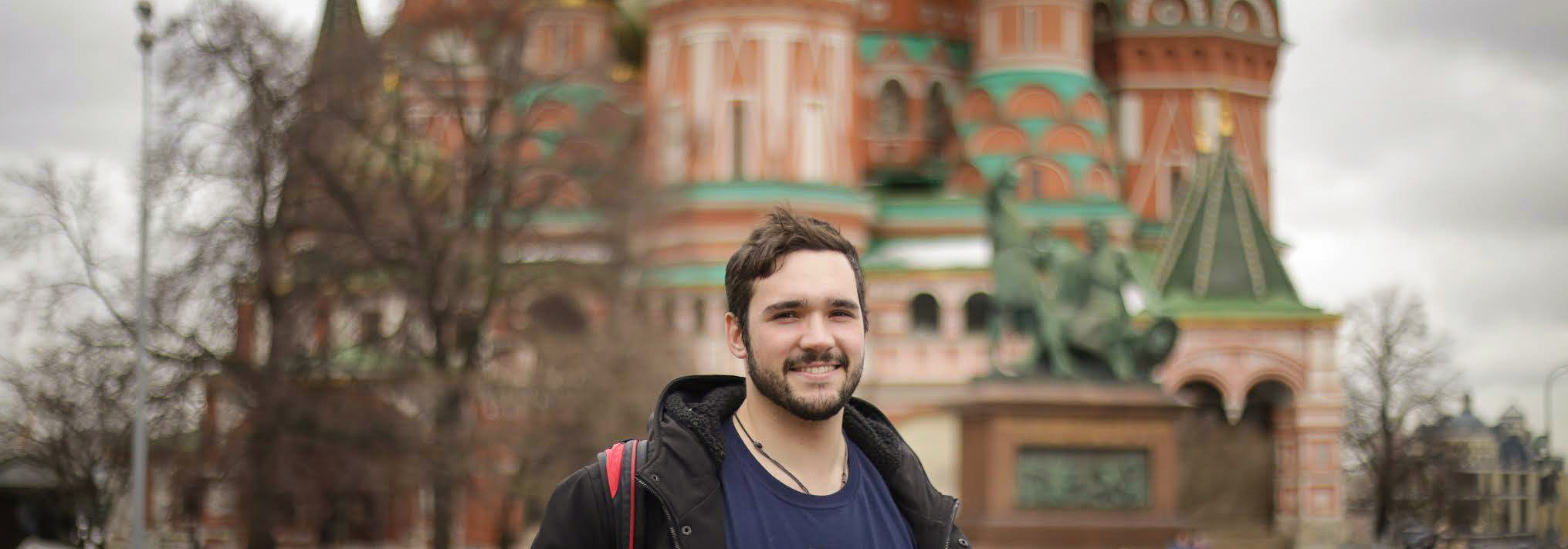RUSSIA MOSCOW STATE UNIVERSITY
Moscow State University (MSU), founded in 1755 by the Russian scientist Michael Lomonosov, has a long-standing tradition of academic excellence. Today it is considered to be the most important scientific, cultural and educational center in Russia, and one of the leading academic institutions in the world (ranked 14 in the entire world).
MSU has a history of distinguished professors and researchers, including several Nobel and Fields Medal Laureates. More than 9,000 professors, lecturers, and research associates work at the University. In addition, MSU serves as a forum for notable speakers, world leaders, business executives and scientists. Approximately 40,000 students are enrolled at its 27 faculties (colleges and schools); 4,500 are international from 80 countries.
The main campus is located on Pigeon Hills, overlooking the Olympic Stadium and the golden domes of Russian cathedrals. The campus boasts a large array of facilities including large computer labs, a movie theater, a stage theater, dining and residence halls, conference halls, a post office, medical clinic, a pharmacy, various shops, botanical gardens, museums and several social clubs. The sports complex houses 12 swimming pools, several stadiums, a baseball field, tennis courts and a weight room. The University library system is one of the largest in the country, hosting over 8 million volumes, 2 million of them in languages other than Russian.
Teaching & grading
The relationship between professor and student tends to be more formal in Russia. Professors should be called by their last name, or by their first and middle name, as is customary in Russia. For example, Dr. Igor Mikhail Shelvov, or Professor Igor Mikhailovich. This custom extends outside of academia. When addressing someone with respect use his/her first and middle name (with a vich extension).
The style of teaching and assessment in Russia differs from that used in the USA. Russian professors utilize lecture with a limited amount of discussion. Assessment is usually based on fewer exams and projects. Although not very common, it is entirely possible for a course grade to be based on one exam. Students may be tested orally (as opposed to passing out written exams). Exam questions may be different for each student. Attendance is expected. Students are responsible for all work missed during an absence.
Grading in Russia is based on a numerical system from 1 to 5, 1 being the lowest and 5 being the highest.
Excellent
Good
Satisfactory
Passing
Failure
5
4
3
2
1
A
B
C
D
F







